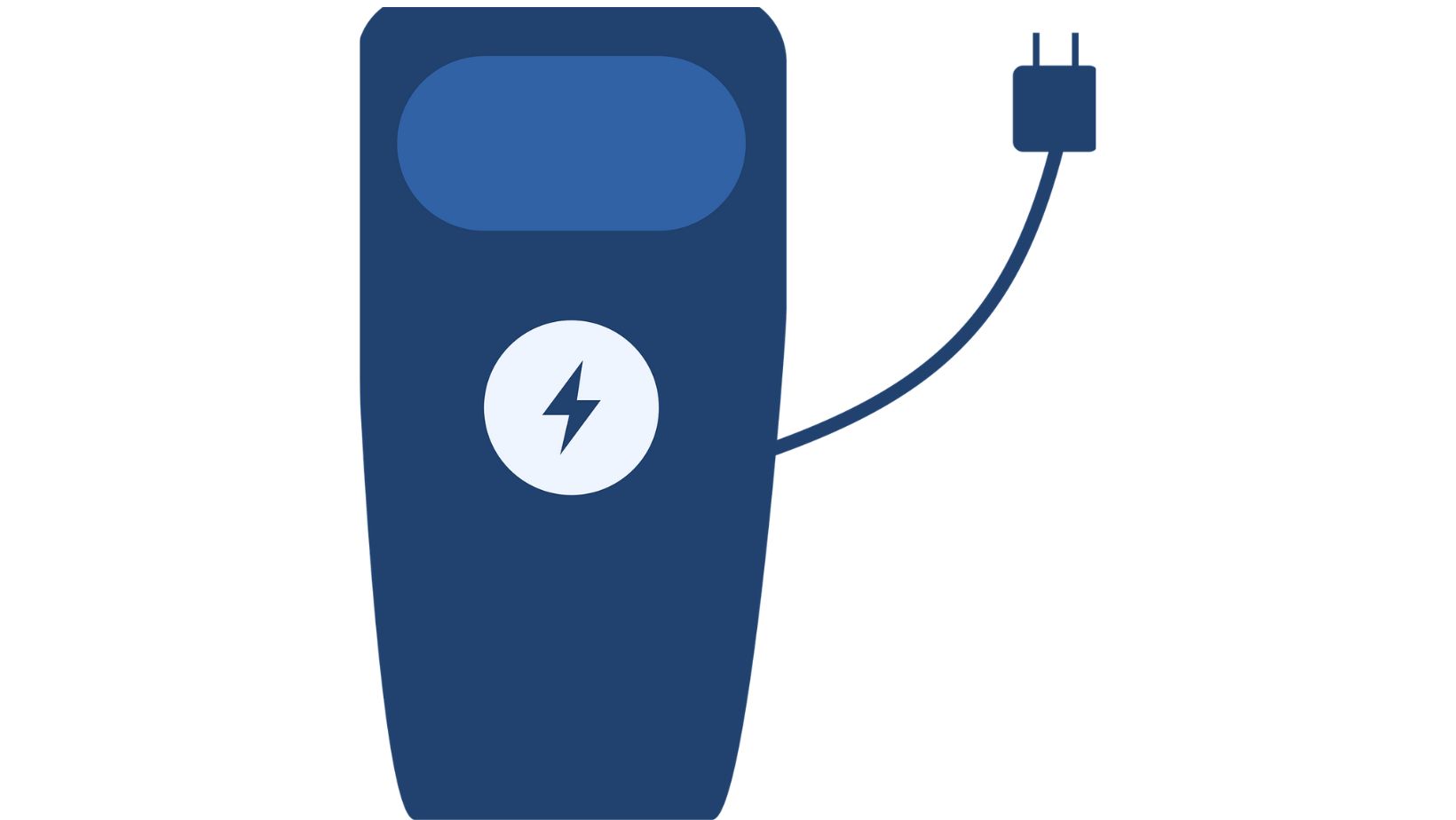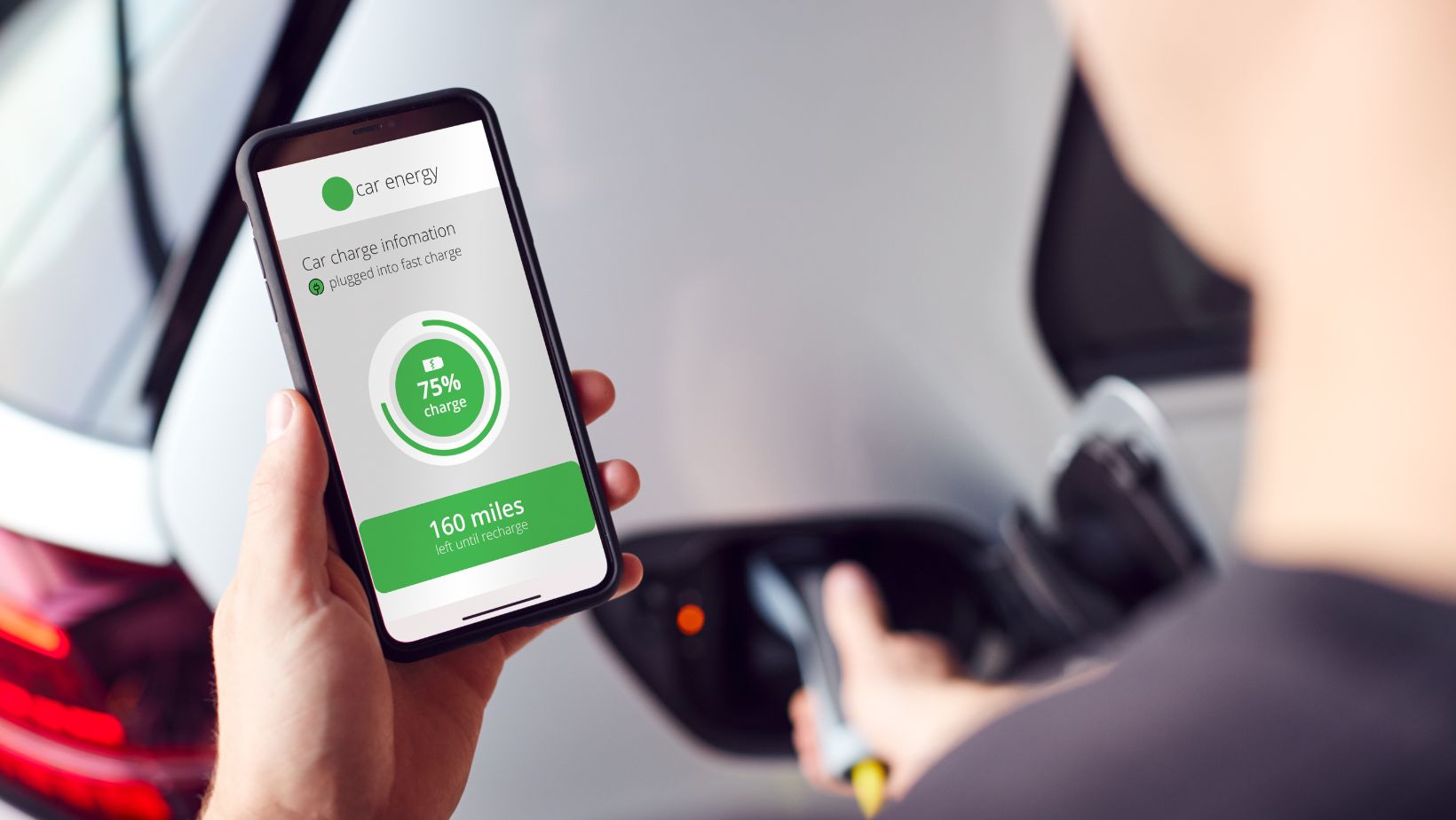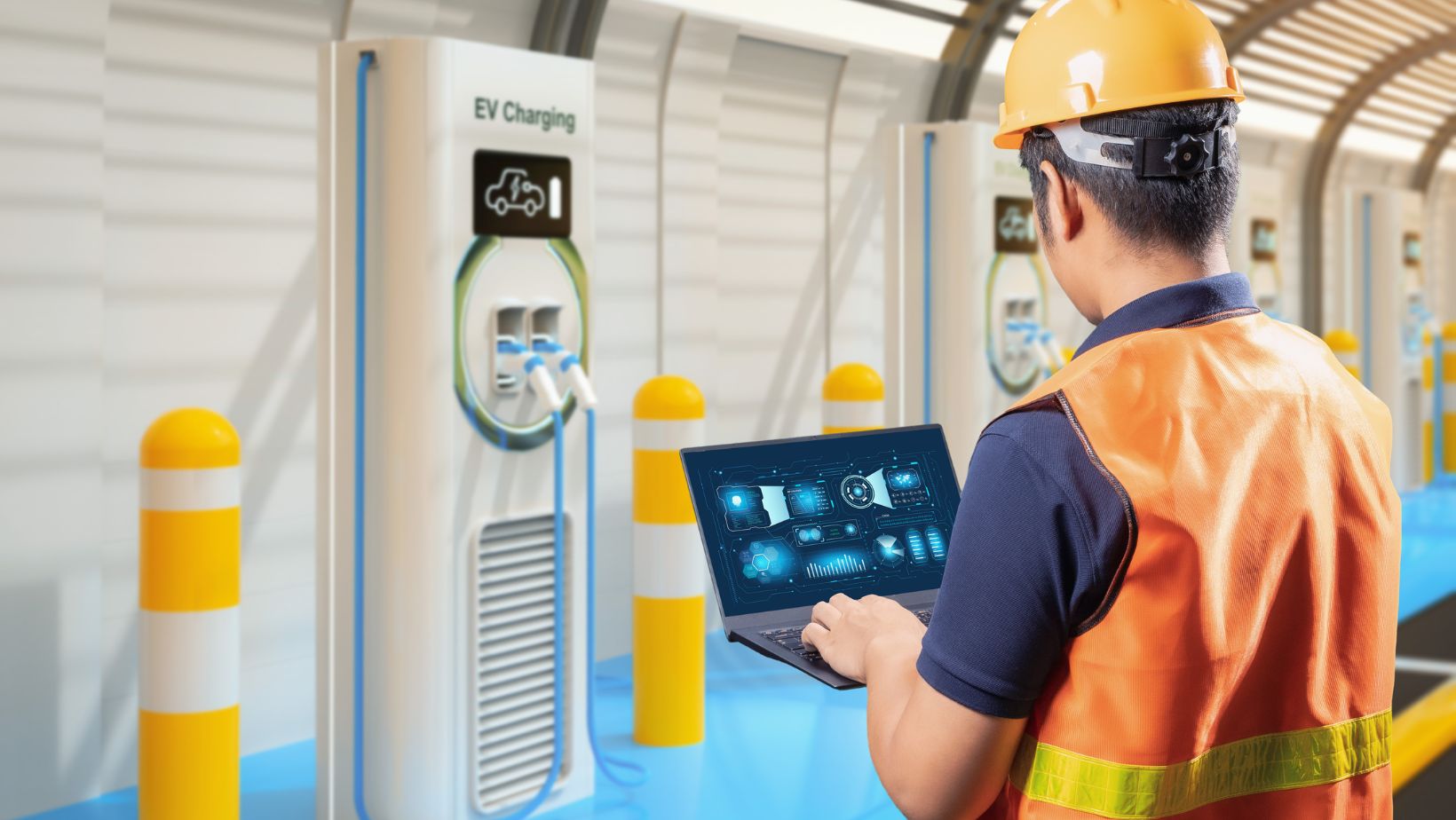
Electric vehicles (EVs) are transforming the automotive industry, offering a cleaner and more sustainable alternative to traditional gasoline-powered cars. However, a significant challenge for EV owners has been finding reliable and accessible charging stations. Enter EV charging apps—digital solutions that simplify and enhance the charging experience. These apps provide real-time information, navigation, payment solutions, and more, making them indispensable tools for EV owners. This article explores EV charging apps’ features, benefits, and future potential.
Enhancing Accessibility and Convenience
One of the primary benefits of EV charging apps is their ability to enhance the accessibility and convenience of charging stations. These apps use GPS technology to locate nearby charging stations, providing users with real-time information on availability, types of connectors, and charging speeds. This functionality is crucial in alleviating range anxiety, a common concern among EV owners about running out of power before reaching a charging station.
A car charger app offers comprehensive databases of charging stations, including user reviews and ratings. This community-driven approach ensures drivers can choose the best stations based on reliability and user experience. Additionally, many apps offer route planning features that integrate charging stops into long-distance trips, optimizing travel time and ensuring seamless journeys.
Simplifying Payment and Pricing
EV charging apps also streamline the payment process, making paying for charging sessions easier. Traditional charging stations often require a membership or specific payment card, which can be cumbersome and time-consuming. In contrast, EV charging apps allow users to link their credit or debit cards, enabling seamless, contactless payments.
Apps such as ChargePoint and Blink provide detailed information on pricing, including per-minute or per-kilowatt-hour rates and any additional fees. This transparency helps users make informed decisions and avoid unexpected costs. Furthermore, some apps offer subscription models or memberships that provide discounts and rewards, making charging more affordable in the long run.
Real-Time Monitoring and Notifications
Another significant advantage of EV charging apps is the real-time monitoring of charging sessions. Users can track their charging progress, receive notifications when their vehicle is fully charged, and even remotely stop or start charging sessions. This level of control and visibility is particularly useful for managing charging times and ensuring efficient use of charging stations.
For example, the Tesla app offers comprehensive monitoring features, allowing users to view charging status, estimated completion times, and charging history. Such capabilities enhance the user experience by providing peace of mind and reducing the need for constant checking.
Promoting Sustainability and Green Energy
Many EV charging apps also promote sustainability by encouraging renewable energy sources. Some apps, like Greenlots, provide information on the source of the electricity used at charging stations, enabling users to choose stations powered by renewable energy. Additionally, apps can offer insights into the environmental impact of their charging habits, helping users make more eco-friendly decisions.
By integrating features that promote sustainability, EV charging apps contribute to the broader goal of reducing carbon footprints and supporting the transition to a greener energy infrastructure. This aligns with the values of many EV owners who prioritize environmental responsibility.
Integration with Smart Home Systems
Integrating EV charging apps with smart home systems is an emerging trend that offers additional convenience and efficiency. Apps like JuiceNet and Tesla’s app can connect with home energy management systems, allowing users to schedule charging during off-peak hours when electricity rates are lower. This saves money and reduces strain on the power grid during peak demand times.
Furthermore, smart home integration enables automated charging processes, where the system can start and stop charging based on pre-set preferences and electricity pricing. This level of automation and control represents the future of home EV charging, providing seamless and efficient energy management.
Future Potential and Innovations
The future of EV charging apps is bright, with ongoing innovations poised to enhance their functionality further. One such innovation is integrating blockchain technology to enable secure, transparent, decentralized energy transactions. This could facilitate peer-to-peer energy sharing, where EV owners can sell excess energy back to the grid or other users.
Another promising development is using artificial intelligence (AI) and machine learning to optimize charging infrastructure. AI can predict peak usage times, identify optimal locations for new charging stations, and even provide personalized recommendations based on user behavior and preferences.
As autonomous vehicles become more prevalent, EV charging apps will also be critical in managing and coordinating autonomous charging fleets. This will involve advanced algorithms to ensure efficient use of charging resources and minimize downtime for autonomous vehicles.
Conclusion
EV charging apps are revolutionizing the electric vehicle landscape by providing essential tools for finding, using, and paying for charging services. They enhance accessibility, simplify payment processes, offer real-time monitoring, promote sustainability, and integrate with smart home systems. With ongoing innovations and the integration of emerging technologies, the future of EV charging apps promises even greater convenience and efficiency. As the adoption of electric vehicles continues to rise, these apps will remain indispensable in supporting a sustainable and efficient transportation infrastructure.




